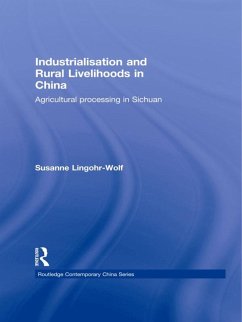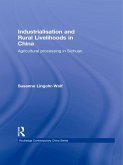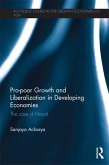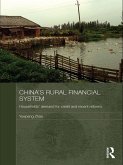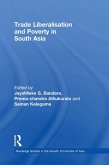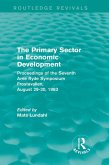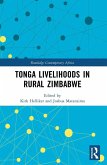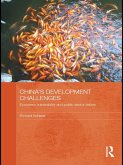Since the mid-1990s, "agricultural industrialisation" (AI) has been advocated in China to promote rural development by integrating agriculture with the post-harvest sectors such as agro-processing and marketing. Large-scale "Dragon head enterprises" (DHEs) and various forms of rural household associations (RAs) have been particularly promoted as AI organisational models. Drawing on the case study of the sweet potato sector in Sichuan Province, this book investigates their impact on rural livelihoods. Lingohr-Wolf analyses the forms of household linkages with AI organisations, the underlying household incentives to diversify both labour and agricultural production towards AI, and the developmental benefits and potential constraints that shape such rural involvement.
By taking a rural household perspective on livelihood diversification, the analysis provides new insights into the links between rural household involvement in AI and the achievement of development objectives. It reveals that although there are significant beneficial effects, a number of challenges, such as entry barriers and imbalances in bargaining power, still need to be addressed to improve the positive impact of AI for rural development in China.
As the first authoritative analysis of AI in China, this book is an essential read for scholars interested in economic development in China and rural development and agricultural economics more generally.
By taking a rural household perspective on livelihood diversification, the analysis provides new insights into the links between rural household involvement in AI and the achievement of development objectives. It reveals that although there are significant beneficial effects, a number of challenges, such as entry barriers and imbalances in bargaining power, still need to be addressed to improve the positive impact of AI for rural development in China.
As the first authoritative analysis of AI in China, this book is an essential read for scholars interested in economic development in China and rural development and agricultural economics more generally.
Dieser Download kann aus rechtlichen Gründen nur mit Rechnungsadresse in A, B, BG, CY, CZ, D, DK, EW, E, FIN, F, GR, HR, H, IRL, I, LT, L, LR, M, NL, PL, P, R, S, SLO, SK ausgeliefert werden.

